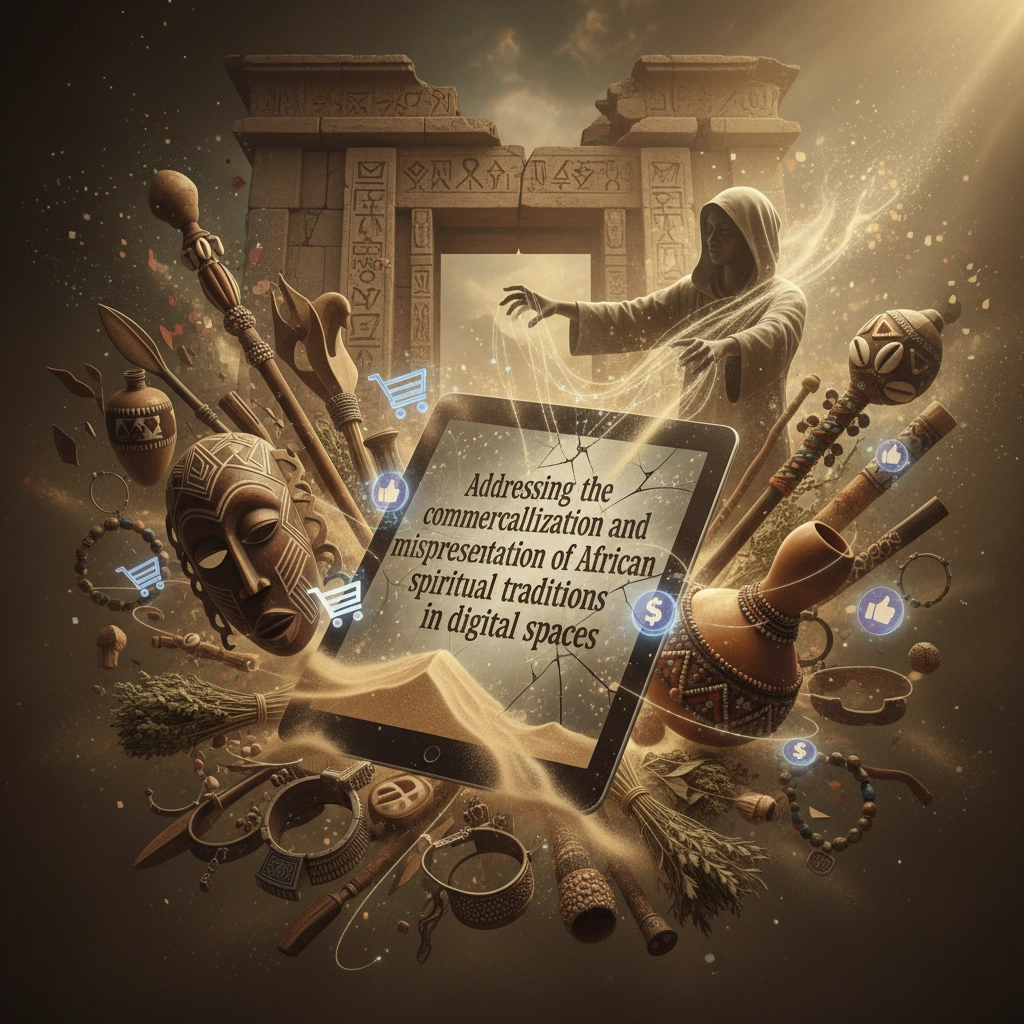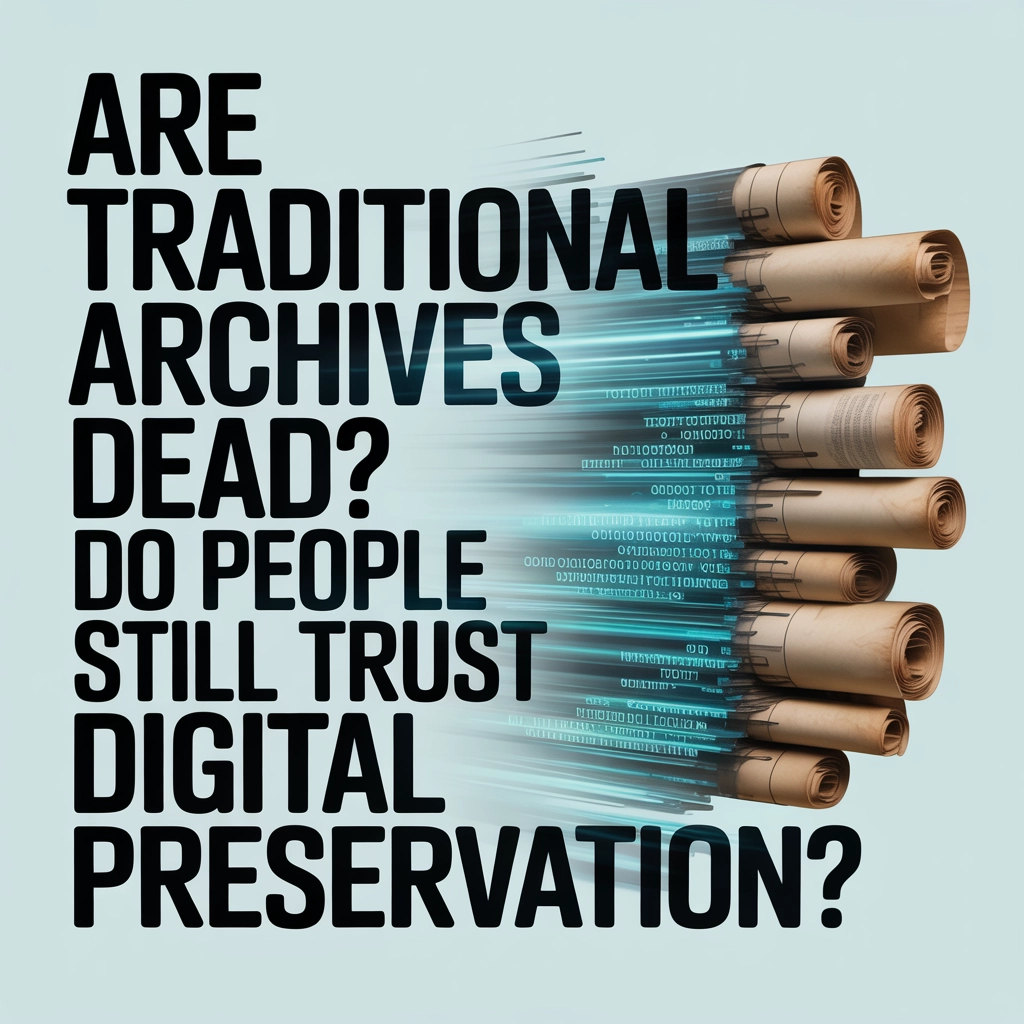Our digital age presents both unprecedented opportunities and profound challenges for preserving African spiritual wisdom. While technology enables communities to reconnect with ancestral practices and share sacred knowledge across continents, it has also opened doors to commercialization and misrepresentation that threaten the very essence of these traditions.
The sacred teachings that our elders have protected for generations now navigate complex digital landscapes where spiritual practices can be reduced to trending hashtags, monetized content, and superficial interpretations. This transformation demands our careful attention and intentional action to safeguard the integrity of ancestral wisdom while embracing technology's potential for authentic cultural preservation.
The Digital Transformation of Sacred Spaces
African spiritual traditions have always been deeply rooted in community, oral transmission, and ceremonial practice. Yet today's digital platforms have fundamentally shifted how these traditions are experienced and shared. Social media networks like Instagram, YouTube, and TikTok have become unexpected spiritual hubs where practitioners share rituals, teachings, and cultural insights with global audiences.
This digital evolution reflects broader patterns of how indigenous knowledge systems navigate globalized online economies. What once required years of initiation and community involvement can now be accessed through a simple search or social media scroll. While this accessibility has reconnected many diaspora communities with their roots, it has also created new vulnerabilities for sacred practices.
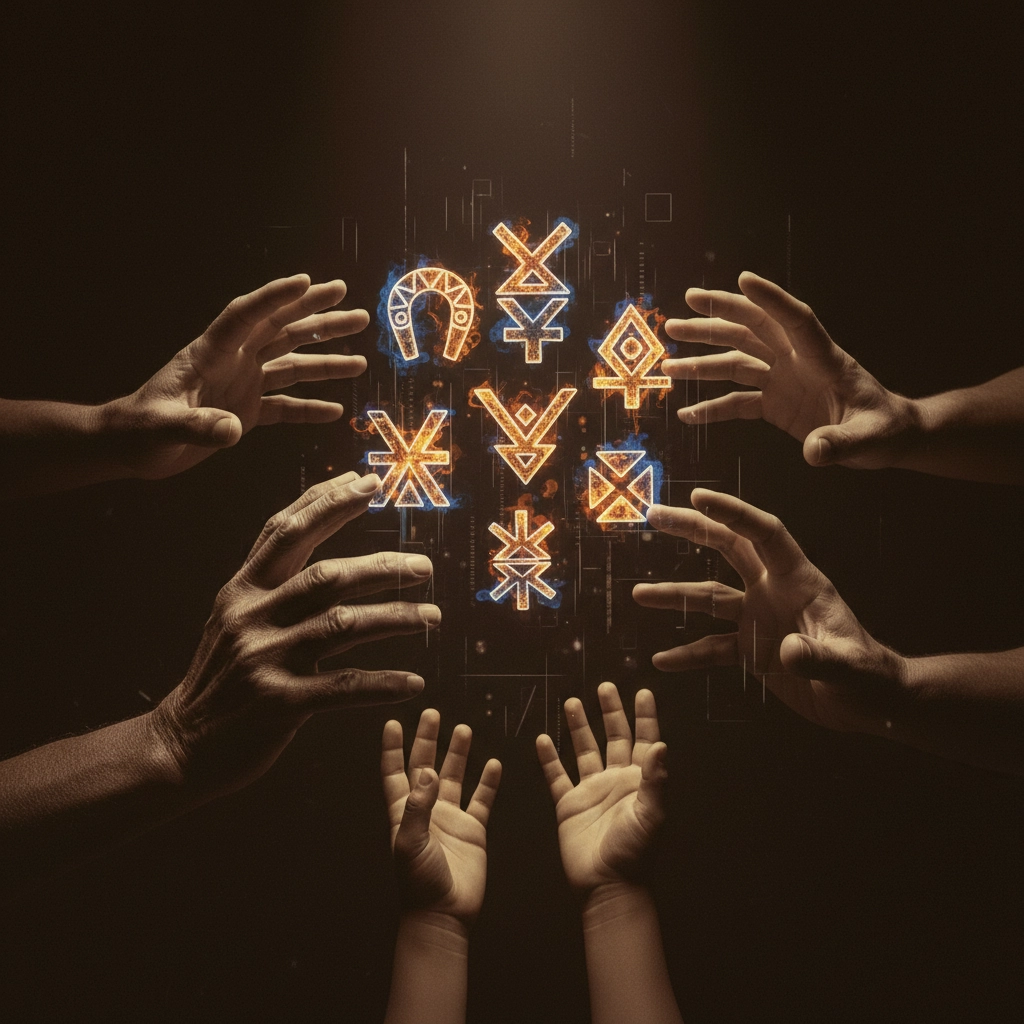
The emergence of what researchers call "digital spiritual marketplaces" represents a fundamental shift from traditional community-based practices to commodified online offerings. These virtual spaces operate within capitalist market logic, where spiritual resources become products to be crafted, marketed, and consumed rather than received through proper cultural channels.
How Commercialization Manifests Online
The monetization of African spiritual traditions takes many forms in digital spaces. Content creators often transform sacred knowledge into revenue-generating posts, prioritizing engagement metrics over authentic spiritual transmission. This approach can reduce profound ancestral wisdom to clickable content designed to capture fleeting attention rather than foster deep understanding.
Product marketing has emerged around spiritual accessories, ritual items, and consultation services, frequently divorced from their traditional community contexts and proper initiation protocols. Online marketplaces overflow with mass-produced "authentic" spiritual tools, while social media influencers offer instant spiritual guidance without the cultural grounding that traditionally validates such teachings.
Algorithmic amplification further complicates this landscape. Social media algorithms tend to promote sensationalized or easily consumable spiritual content over nuanced traditional teachings. This creates a concerning feedback loop where more dramatic or commercially viable representations receive greater visibility, potentially overshadowing authentic practices and the voices of legitimate tradition holders.
The challenge intensifies when we consider how these platforms reward consistent content creation and engagement. The pressure to maintain online relevance can push practitioners toward sharing sacred knowledge inappropriately or before proper spiritual maturity, disrupting traditional timelines for learning and initiation.
Patterns of Misrepresentation and Cultural Appropriation
Digital spaces have become breeding grounds for misrepresentation of African spiritual traditions. Cultural appropriation manifests when non-practitioners extract elements of these sacred systems without proper understanding, respect, or connection to their cultural contexts. This extraction often focuses on the aesthetically appealing or mystical aspects while ignoring the deeper spiritual responsibilities and community obligations that authentic practice requires.
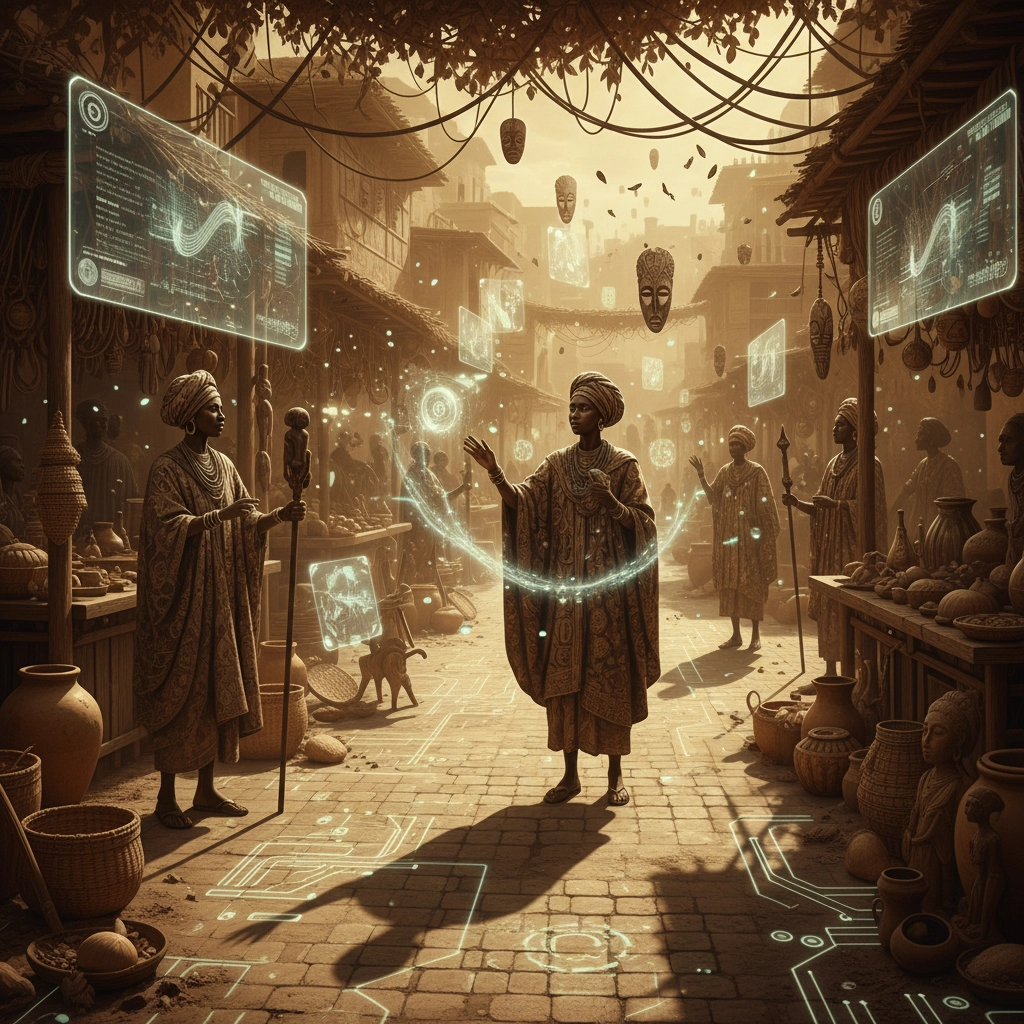
Oversimplification represents another significant concern. Complex spiritual systems that have evolved over centuries become reduced to easily digestible social media content, losing the depth, nuance, and communal aspects that define authentic practice. Ancient wisdom gets packaged into quick fixes, instant manifestations, and simplified ritual instructions that bypass the traditional learning processes essential for proper understanding.
Syncretism without context creates additional challenges, where elements from different African spiritual traditions are combined arbitrarily for aesthetic or commercial purposes. These hybrid practices often lack spiritual coherence or cultural grounding, creating confusion for both practitioners and observers while potentially diluting the power and meaning of traditional systems.
The shift from traditional community rituals toward virtual spaces can undermine the legitimacy of ancestral practices. Digital representations may lack the energetic and communal dimensions essential to these traditions, creating hollow imitations that fail to transmit the true spiritual essence our ancestors intended to preserve.
Community Responses and Preservation Efforts
Despite these challenges, many communities have responded with innovative approaches that honor tradition while embracing beneficial aspects of digital technology. Traditional practitioners and cultural preservationists are developing new frameworks for sharing ancestral wisdom that maintain integrity while expanding access.
Educational initiatives have emerged as powerful tools for addressing misrepresentation. Community leaders create comprehensive digital resources that provide proper historical and cultural context for African spiritual traditions. These platforms ensure that learners understand the responsibilities, protocols, and deeper meanings associated with sacred practices rather than just their surface expressions.
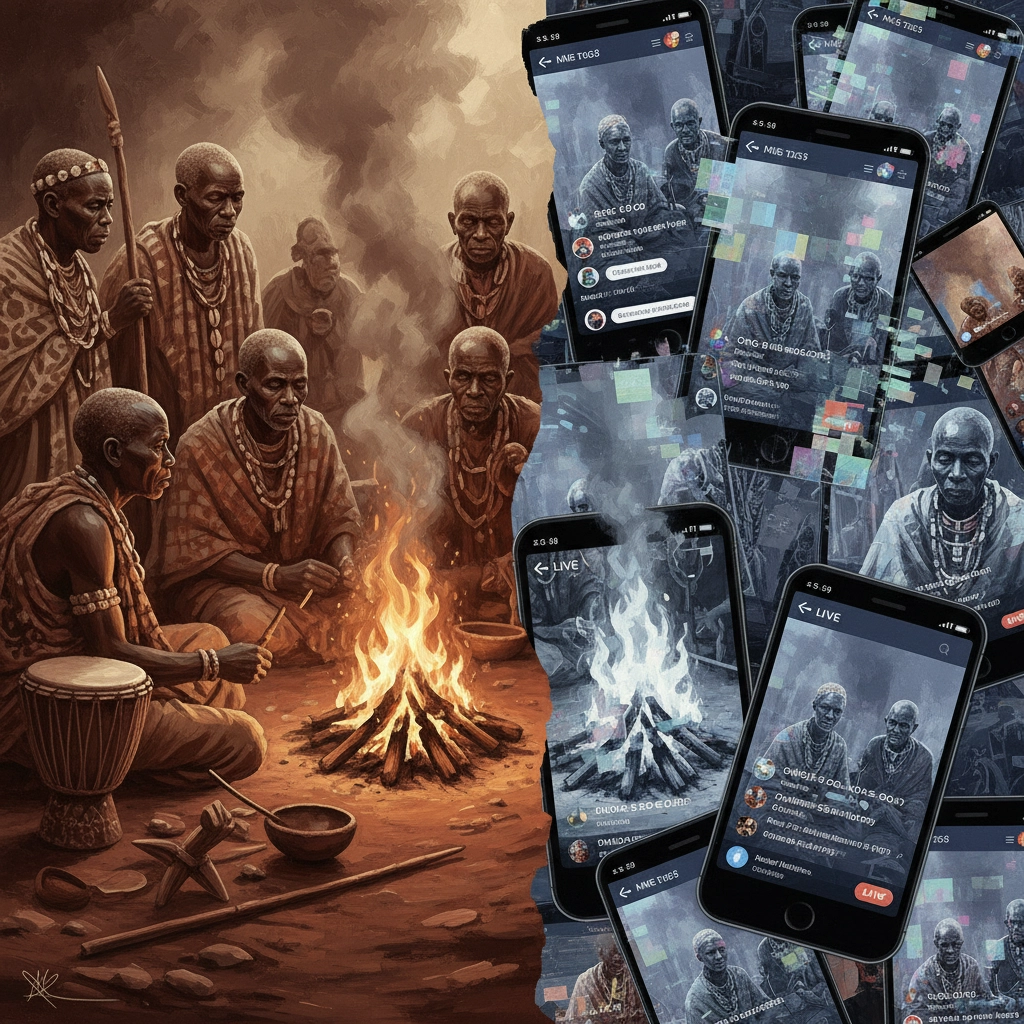
Community oversight mechanisms help maintain authenticity by establishing networks of recognized traditional practitioners who validate and guide digital representations of spiritual practices. These communities develop standards for appropriate digital engagement while respecting the sacred nature of certain traditions that should remain within proper cultural channels.
Some communities have successfully used social media for cultural awareness campaigns, educational content, and virtual events that preserve traditional practices. These efforts focus on documenting stories, customs, and experiences in ways that keep ancestral practices alive for future generations while maintaining their spiritual integrity.
Technology as a Tool for Authentic Preservation
When approached with wisdom and cultural sensitivity, technology offers remarkable potential for preserving and transmitting African spiritual traditions. Artificial intelligence and digital archiving can help save ancestral practices by integrating them thoughtfully into the digital age while raising public consciousness through educational initiatives.
Digital repositories can preserve oral histories, traditional stories, and ceremonial songs in culturally appropriate ways. These platforms, when developed in partnership with traditional communities, create permanent, accessible records that honor the original contexts and intentions of spiritual teachings.
Virtual reality and immersive technologies present exciting possibilities for cultural education, allowing people to experience traditional ceremonies and sacred spaces in ways that promote understanding rather than appropriation. These tools can help diaspora communities reconnect with their heritage while maintaining proper respect for sacred boundaries.
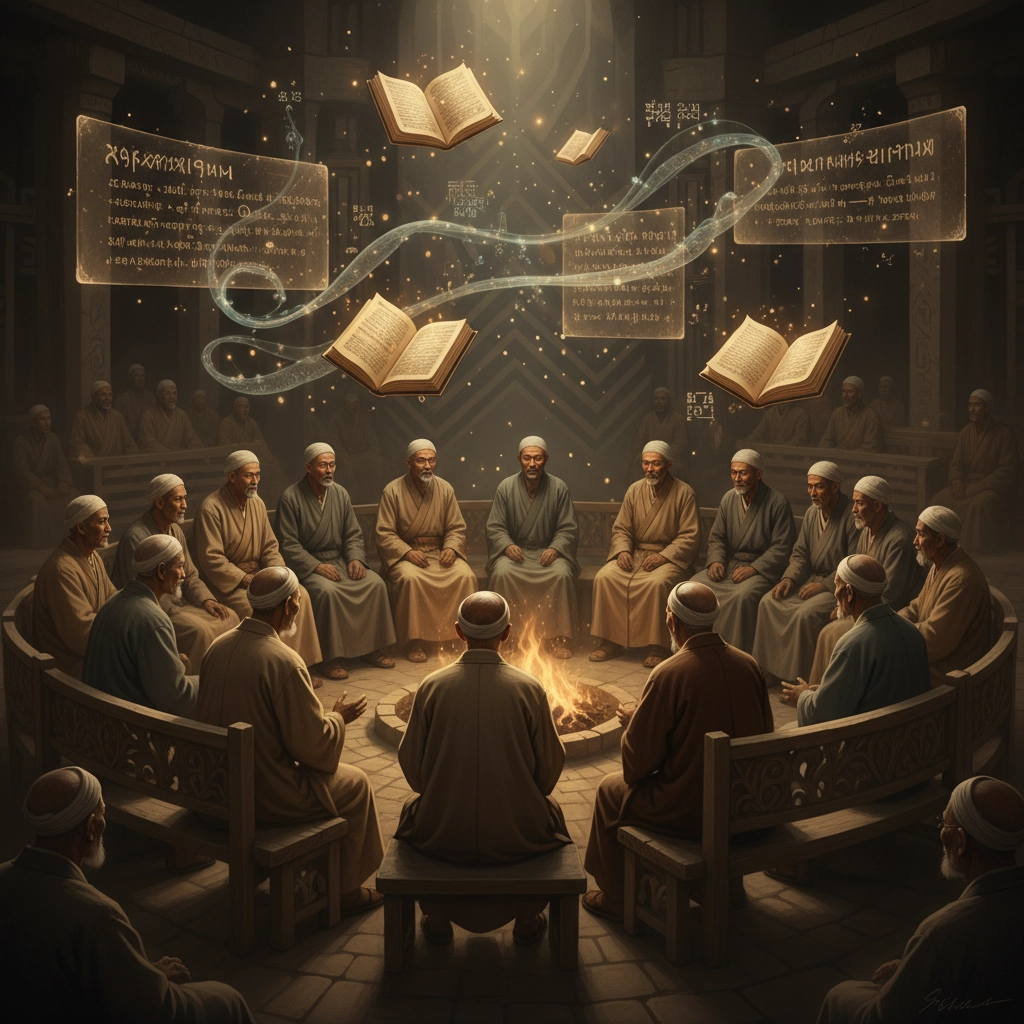
The key lies in ensuring that traditional communities retain agency over how their spiritual practices are represented online. Technology should serve cultural preservation rather than commercial exploitation, with profits and benefits flowing back to the communities that hold this sacred knowledge.
Moving Forward with Integrity
The path forward requires careful navigation between accessibility and authenticity. We must harness the connective power of digital platforms while maintaining the communal, ancestral, and sacred dimensions that define authentic African spirituality. This balance demands ongoing dialogue between traditional practitioners, technology developers, and global communities to establish respectful protocols for engaging with these profound spiritual traditions.
Platform accountability becomes crucial in this effort. We must advocate for social media companies to implement policies that protect indigenous spiritual traditions from exploitation and misappropriation. This includes content guidelines that prevent the commercialization of sacred practices and algorithms that prioritize authentic cultural content over sensationalized representations.
Educational empowerment remains our strongest defense against misrepresentation. By providing accessible, accurate information about African spiritual traditions, we can help people distinguish between authentic practices and commercial imitations. This education must extend to both practitioners and the broader public, fostering respect and understanding that protects sacred knowledge while celebrating cultural richness.
The future of African spiritual traditions in digital spaces depends on our collective commitment to preserving their integrity. We must embrace technology's potential while honoring the wisdom of our ancestors, ensuring that digital platforms become bridges to authentic spiritual connection rather than barriers to cultural understanding.
As we navigate this digital transformation, let us remember that true spiritual wisdom cannot be commodified or reduced to trending content. The sacred knowledge our ancestors have preserved belongs to communities, not markets. Our responsibility is to protect this heritage while making it appropriately accessible to those who approach it with genuine reverence and cultural respect.
Through thoughtful action and community collaboration, we can create digital spaces that honor our ancestors while empowering future generations to connect with their spiritual roots. The voices of our elders guide us in this work, reminding us that technology serves wisdom best when it amplifies truth rather than distorting it for profit.

